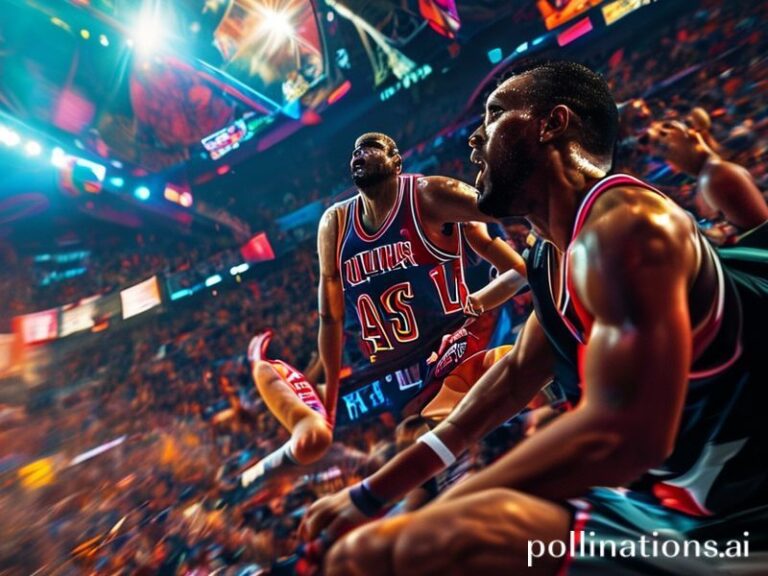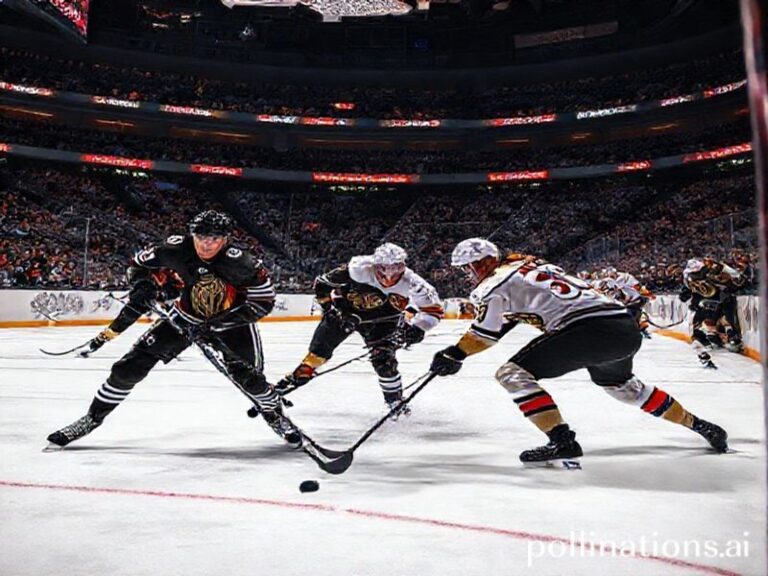Seiya Suzuki: The $85 Million Guinea Pig of Globalized Baseball
Seiya Suzuki’s Grand Global Experiment: How One Ballplayer Became a Test Tube for Late-Stage Capitalism
It takes a special kind of optimism—or masochism—to sign a five-year deal with the Chicago Cubs in the middle of a pandemic, but Seiya Suzuki did exactly that in March 2022. While the rest of us stockpiled canned beans and doom-scrolled through mortality statistics, Suzuki packed his glove, his bat, and the weight of two nations’ expectations into a Samsonite and flew 6,300 miles from Hiroshima to O’Hare. The transaction was reported in the sports pages, but it probably belonged in the anthropology journals: here was a living case study in what happens when marketing departments, geopolitical anxieties, and very expensive hamstrings intersect.
For Major League Baseball, Suzuki’s arrival was billed as the league’s latest proof of its “global appeal”—a phrase executives like to intone the way hedge-fund managers say “diversified portfolio,” i.e., hoping nobody looks too closely at the underlying rot. In reality, Suzuki’s transfer was less a cultural exchange than a desperate liquidity injection. NPB (Nippon Professional Baseball) had been hemorrhaging star power to MLB for years, and the Cubs—fresh off a teardown that would make a demolition crew blush—needed a marquee name to distract fans from the smoke rising from the Wrigleyville wreckage. Voilà: a mutually beneficial hostage situation.
The Japanese press, never shy about turning a human being into a national mascot, immediately declared Suzuki the heir to Ichiro and Otani. Television crews filmed his every sneeze; newspapers ran diagrams of his swing alongside bullet-train timetables, as if the two achievements were comparable. Meanwhile, American media outlets discovered the exotic novelty of a right fielder who could actually hit a curveball, proving once again that the bar for international wonder is depressingly low in a country that still thinks “sushi” is daring cuisine.
Suzuki, for his part, responded by raking in his first month—.400 average, four home runs, and a Player of the Month award that looked suspiciously like a participation trophy for Not Being A Bust. Then came the inevitable adjustment period, also known as “reality.” Pitchers figured out he couldn’t lay off sliders low and away; hamstring tightness turned into a stint on the injured list; and the Cubs resumed their regularly scheduled programming of moral victories. The global audience, conditioned by TikTok highlight reels to expect daily transcendence, collectively shrugged and moved on to the next shiny import. Suzuki was left to contemplate the existential dread of being yesterday’s wonderkid in an economy that recycles novelty faster than single-use plastics.
Still, the broader implications linger. Suzuki’s contract—$85 million over five years, give or take the cost of a small island nation—functions as a floating exchange rate between two sporting ecosystems. Every RBI he drives in is a data point in an ongoing experiment: can a Japanese swing mechanics guru translate to the American strike zone? Can a player who grew up bowing to umpires survive a league where getting ejected is a marketing strategy? And, most pressing of all, can the global sports-industrial complex continue to siphon talent from smaller economies without eventually draining them dry? (Spoiler: it’s trying.)
Off the field, Suzuki has become an accidental ambassador for the art of lowered expectations. He gives interviews through an interpreter who deserves hazard pay, patiently explaining that yes, Chicago winters are indeed “very cold,” and no, he doesn’t miss the Hiroshima Carp “every single second.” His Instagram—equal parts batting-cage selfies and sponsored posts for a Japanese energy drink—offers followers the comforting illusion that trans-Pacific anxiety can be soothed by electrolytes.
As the 2024 season limps toward another rebuild, Suzuki remains what he’s always been: a supremely gifted athlete caught in the gears of a machine that sells hope by the ounce and regret by the ton. Watch him run out a ground ball and you’ll see a man sprinting against the dying of the light, or at least against the dying of his Q-rating. Either way, it’s a hell of a show—proof that in the modern world, even a simple game can serve as a perfectly depressing metaphor for everything else.







